We recently asked members of the BuzzFeed Community with borderline personality disorder (BPD) to tell us what they wish people would stop saying to them about BPD.
Somewhere between 1.6% and 5.9% of adults in the US have BPD, a personality disorder that's characterized by difficulty regulating emotion. People with BPD can experience severe mood swings, poor self-image, and volatile relationships. You can learn more about the symptoms of BPD here.
There are lots of misconceptions about BPD out there, maybe because of how it's portrayed (and not portrayed) in pop culture, and because of assumptions people make when they hear the phrase "personality disorder," which they don't make when they hear the name of another mental health issue (like, say, anxiety or depression). That's why we wanted to ask people with BPD what they wish people would and wouldn't say to them about their BPD.
Here's what they said.
1. "I wish people would stop telling me I just need to control my emotions."
"Or that I should stop being over dramatic. If I could control my emotions, I would. And saying there is someone in a worse situation than you doesn't make it any better, either. It just makes me feel like I'm being ungrateful :(."
—Diablo, 17
2. "That our lives are complete train wrecks and people should steer clear of having relationships with people with BPD."
"That it's just women who are diagnosed."
—AJ, 29
3. "I wish people would stop saying that people with BPD do it for 'attention' or just to be 'dramatic.'"
"A lot of people with BPD (myself included) act certain ways to try and avoid a sense of abandonment. I had an emotionally absent and abusive mother. I started raising my siblings by the time I was 10. My childhood was anything but normal. Actions that would have protected me as a child have followed me into adulthood, and those actions are now unhealthy.
I also have depression and anxiety. I have been in therapy for a while and on medication for several months. Although I feel a lot better, it's always going to be a battle for me to have a 'normal' relationship. I luckily have a great boyfriend who is extremely understanding and always willing to reassure me. It IS possible for people with BPD to have functioning relationships, it may just take us a little more work.
I may have BPD, but I also FEEL more than most people, meaning I love hard, fully, and with my entire self. BPD may make me feel extremely sad at times, but I would never give up my ability to love like I do."
—Rose, 26
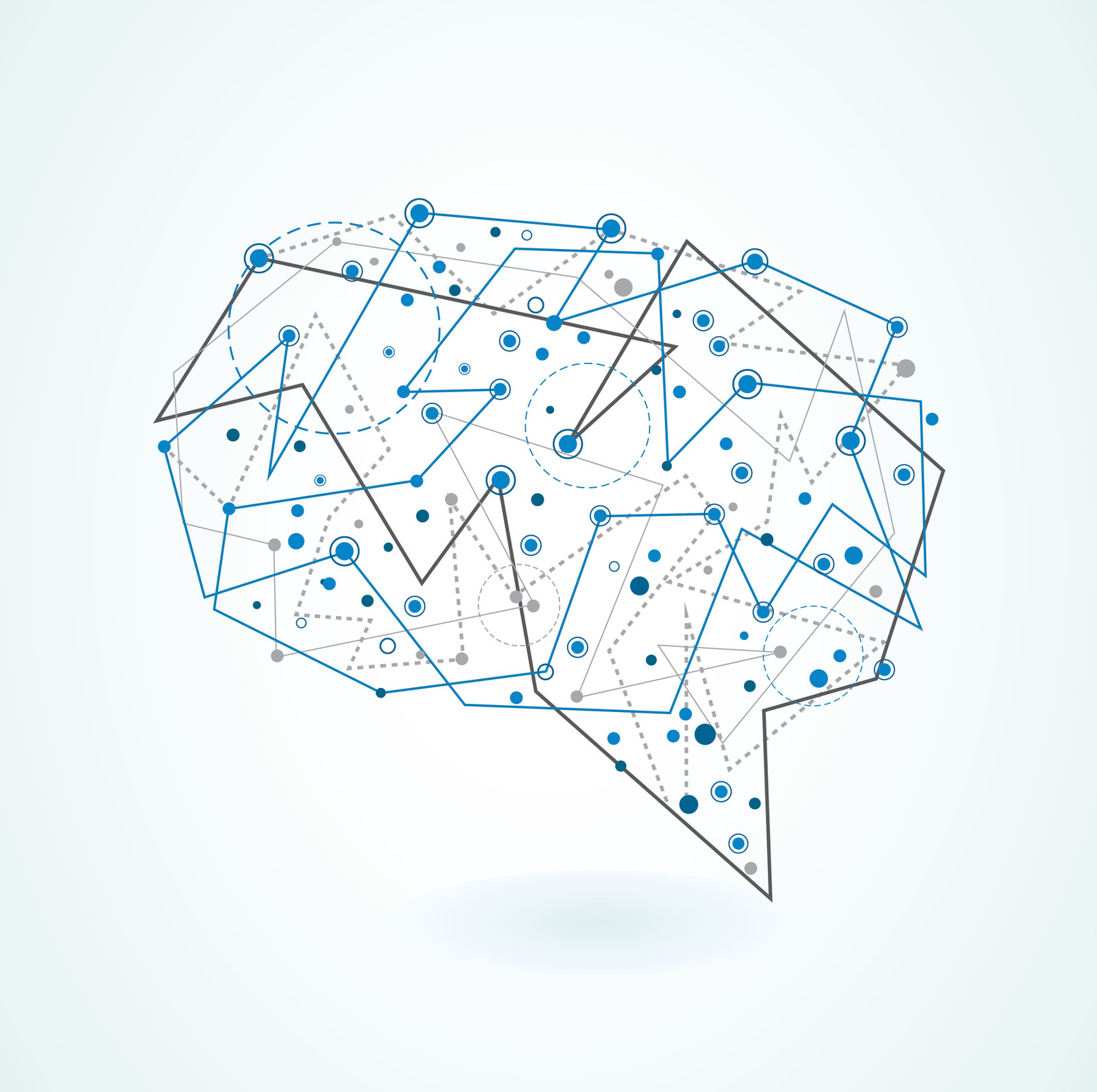
4. "Stop focusing on education around 'surviving' people with BPD! I am not something to survive."
—Milly, 28
5. "I just really wish that BPD didn't come with such a negative connotation."
"In the past I felt so ashamed when I had to list off my diagnoses to medical professionals, or anyone for that matter, because for most people, I could see the change in their body language and the shift in their eyes when I got down the list to BPD."
—K.C.M., 20
6. "I wish there wasn't such a stigma that we're all 'crazy,' and that we will hurt and manipulate others in relationships."
"I have zero malicious intent and lots of us with BPD have 'manipulative' behaviors completely unintentionally. We just act that way sometimes out of fear of abandonment."
—Rachel, 21
7. "We aren't just being overdramatic or 'brats.'"
"We're in a legitimate crisis, one that's difficult to understand if you don't suffer from BPD. Remember, this is a mental illness; our behaviors are only an expression of the underlying disease."
—Melanie S., 26
8. "You don't have to try to fix/help my mood. But make it clear you're still there."
"I get overwhelmed and overstimulated a lot. If I lash out it's not your fault, and it's not as out of the blue as it looks. I get emotionally overwhelmed over small things and when I try to explain, I get frustrated and feel like I'm speaking another language. I just need what I call 'in-the-room space.' You can leave me be, you don't have to try to fix/help my mood. But make it clear you're still there."
—Smith, 24
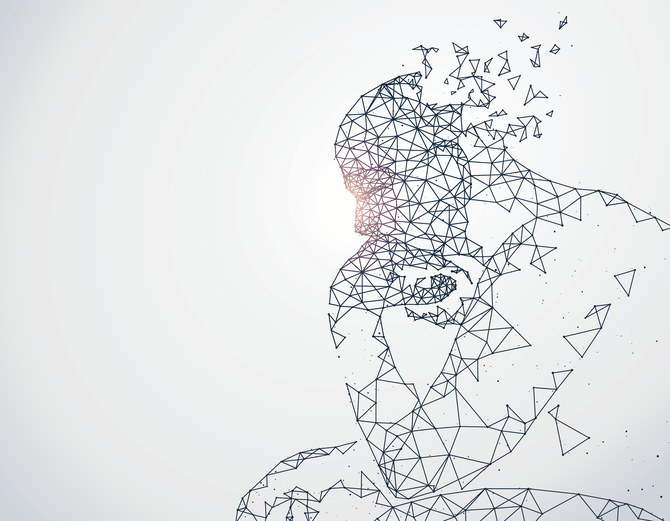
9. "That I'm too much trouble. ... It makes me think that I'm too broken to be with people."
"That I'm too much trouble. I work very hard to be appropriate and normal in my reactions and world outlook. It's a battle almost every day, and to have people imply, or even outright state, that I'm too much work or too much trouble makes me not want to fight the battle anymore. It makes me think that I'm too broken to be with people. #ForeverAlone."
—Anonymous, 27
10. "'You don't seem like you have BPD.'"
"'Congrats on your Psy.D.! But for real, BPD manifests itself in different ways. Don't assume that knowing one person with BPD makes you an expert."
—Anonymous, 25
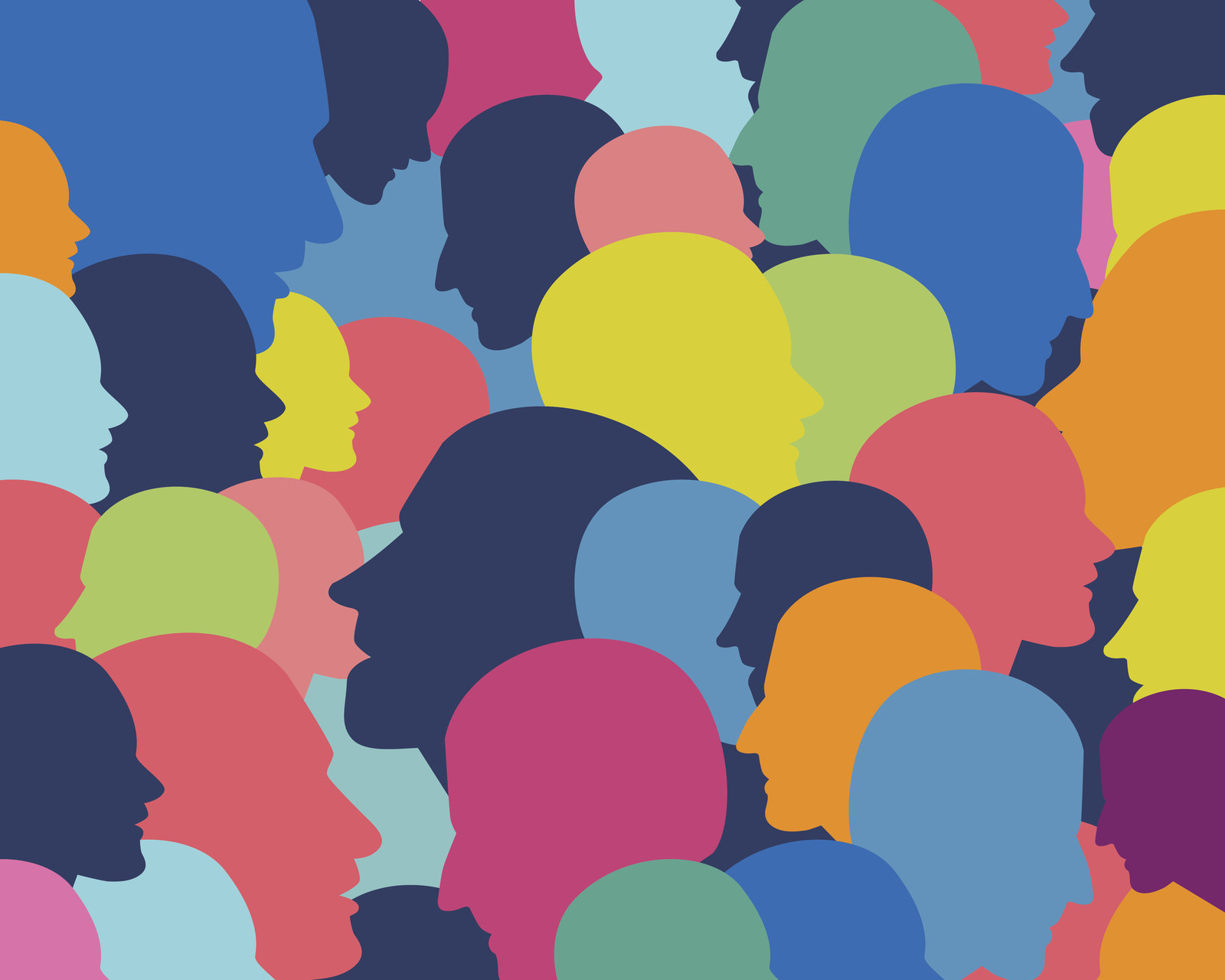
11. "I wish people would be honest if they don't know much about BPD or don't understand it."
"I don't mind explaining what it is... I don't mind answering questions, but first people have to ask them. "
—Nathalia, 19
12. "I wish providers would stop saying clients with borderline personality are 'lost causes' or 'untreatable.'"
"Not as someone who has BPD, but as someone who works with individuals with BPD, I wish providers would stop saying clients with borderline personality are 'lost causes' or 'untreatable.' These clients may be difficult to work with and the personality traits may never completely go away, but there can be so much progress when clients are supported by their therapists."
—Rachel H., 24
13. "It blows my mind how some people can be compassionate toward depression/anxiety but not toward people with personality disorders."
"BPD isn't something to be embarrassed about and not everyone has the same experience with BPD. The movie Fatal Attraction is not an accurate representation of most people with this disorder. We aren't 'crazy' and even if you met someone with BPD before, don't expect the same behavior from someone else with it. We're individuals, and more importantly, human beings. We will never 'cure' our BPD — only learn to live with it in the healthiest way possible. So please understand how frustrating it can be to have such a stigmatized mental health issue, especially when there is currently no medication to treat BPD.
Treat us with respect like anyone else. It blows my mind how some people can be compassionate toward depression/anxiety but not towards people with personality disorders. And lastly, if a loved one is dealing with BPD, please be understanding and patient with them; most of the time we're trying our best to get better but no one is perfect."
—K Cairns, 22
14. "I'm not a manipulative narcissist and I'm not a ticking time bomb."
"Every time I google something about BPD or Dialectical Behavior Therapy (DBT) /mindfulness, I need to take great care to avoid all the sites describing people with BPD as horrible monsters who wreck people's lives, use the terms borderline and narcissist interchangeably, and have slogans like 'stop walking on eggshells.'
Through I've met dozens of individuals with BPD, and not one of them has been a narcissist. Many of us struggle with self-esteem and feelings of emptiness, seeking outside validation that we can't supply ourselves. Despite this, I'm not a fragile, glass object that will break at the slightest provocation, so you don't have to walk on eggshells around me (unless I'm having a bad day and am disregulated — I'd let you when that happens).
One more thing, I'm male. Men suffer from BPD as well, though many times we get misdiagnosed first. I was wrongfully diagnosed as bipolar for 20 years and my struggles only deepened. I don't think I would be alive today if it wasn't for one doctor. who finally corrected my diagnosis."
—Brian, 44
15. "Stop with the Fatal Attraction references. Just don't."
—Anna, 23
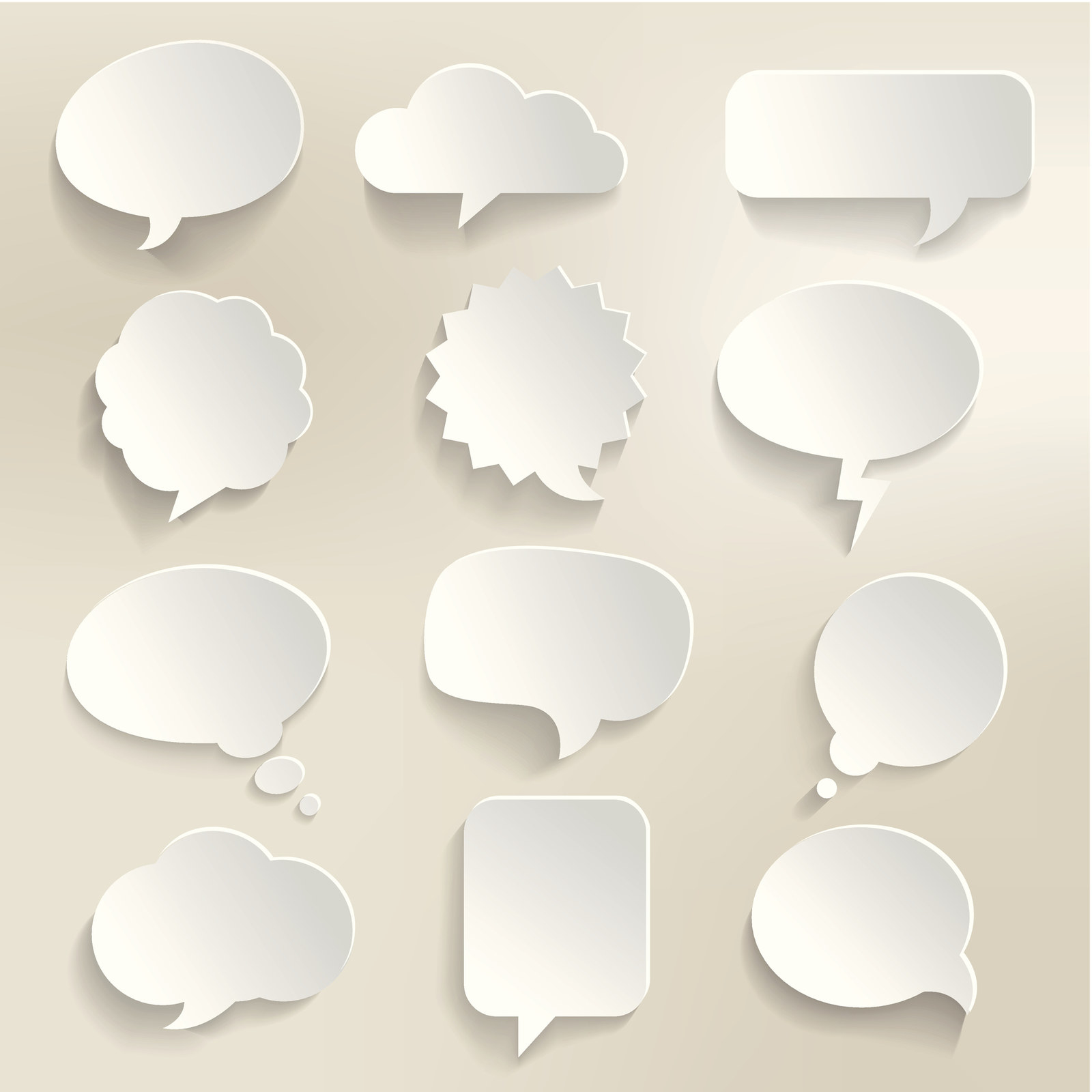
16. "That we're automatically toxic people because of a diagnosis."
"I've been in therapy for years, and partly as a result of all the hard work I've done, I have healthy, close, stable relationships. Unless I told you, you would never guess I have BPD. Even then, when I do tell close friends they almost never believe me because I don't look like their (stereotypical) definition of BPD. Every single health provider (mental health and medical) who knows my story and symptoms is in agreement that at the very, very least I possess traits and features of BPD, and really, I think they're more qualified to know.
And honestly, if you just can't believe I have BPD because it doesn't coincide with your preconceived ideas of it, maybe it's time to consider if your preconceived ideas are all that accurate."
—Anonymous, 30
17. "'Stop being dramatic, it's not the end of the world. Can't you get meds? Have you tried yoga? I'm not mad at you, I'm mad at your disease...'"
"'Don't you have any boundaries? Honestly, you have no limit. It's just a movie. It's just a text. You just need some sleep. You just need a good meal. It's probably the gluten. It's too much sugar. You seem fine. I think you're fine. Stop worrying about it.'"
—Raina, 37
18. "I wish people would stop mixing up borderline personality disorder with Anti-Social Personality Disorder or just plain bad behavior."
"When things go wrong, I don't want to hurt others — I want to hurt myself. The only time I ever see my illness portrayed in the media is as the "stalker/serial killer of the week."
—Anonymous, 41
19. "Please never ever say to someone with an official BPD diagnosis, 'I think I have that too,' after they explain their disorder."
"It's so incredibly rude and insensitive. Yes, many people can experience a BPD symptom or two at one point in their life or another, but not with the frequency and severity of someone with an official diagnosis. Just because your period gives you mood swings doesn't mean you have BPD. Just because you're extremely upset and angry after your boyfriend or girlfriend broke up with you doesn't mean you have BPD. If you truly think you have the disorder, after doing your research, talk to a professional so they can tell you if you actually have it."
—Anonymous, 17
20. "I hate when people call me crazy."
"It's not something I can control and I wish I wasn't this way. I've been told many times by people in my family that I just have to 'get over it' and 'learn to cope,' but a BPD mind doesn't analyze and understand things or situations in the same way. Sometimes I know what I'm doing is irrational but I can't help it, and it makes sense to me.
I don't tell anyone I have BPD anymore. I used to, and the way they looked at me just immediately changed. If I had a problem with something they would brush it off as a 'symptom' and not acknowledge that there may be a real issue."
—JJ, 23
21. "That I'm 'usually' better than this or that I 'wasn't like this yesterday.'"
"It's difficult to keep up with my own expectations of myself and trying to remain stable. I'm kicking myself harder for being unstable and it doesn't help when you constantly point out how I'm 'not the same.'"
—Bee, 18
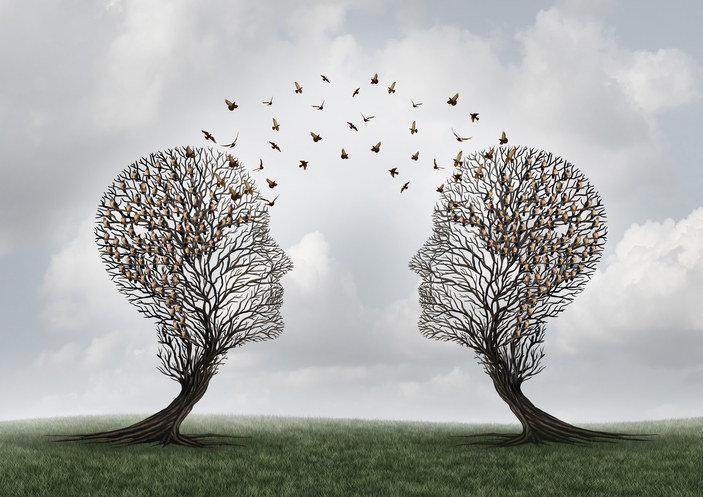
22. "I wish that people would stop telling me to hide my disorder."
"The more we don't talk about mental health, the more we won't talk about mental health. It reinforces the idea that BPD is something shameful. I am immediately treated differently by medical professionals as soon as they read my diagnosis on my file, but without full disclosure I won't receive the appropriate treatment. I can't control that I have BPD, but I can control the positive choices I make for my health and there should be nothing shameful in that."
—Anonymous, 31
To learn more about BPD, check out the resources at the National Institute of Mental Health here.
And if you need to talk to someone immediately, you can reach the National Suicide Prevention Lifeline at 1-800-273-TALK (8255) and or the Crisis Text Line by texting HOME to 741741. Suicide helplines outside the US can be found here.
Follow along at BuzzFeed.com/MentalHealthWeek from Oct. 2 to Oct. 8, 2017.


